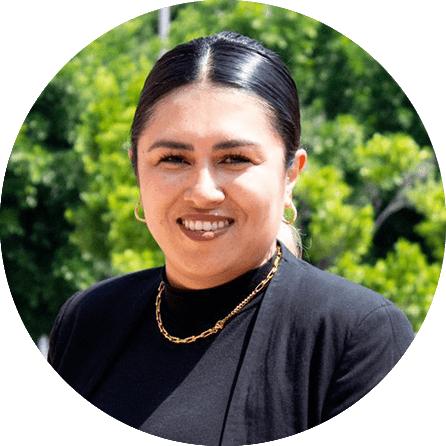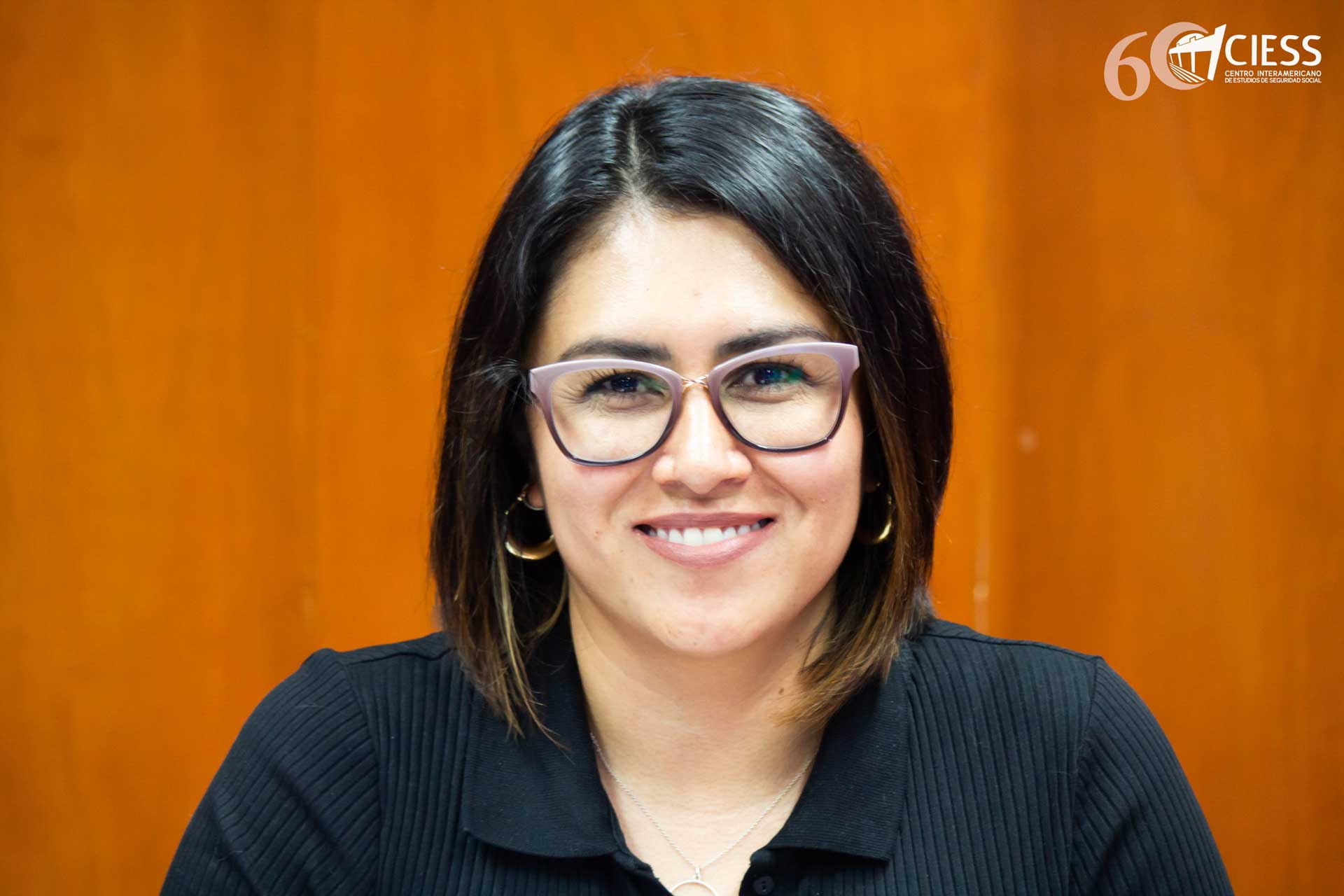WEBINAR
Gender gap:
The impact on Social Security Systems in The Americas.
The impact on Social Security Systems in The Americas.
Background:
Background:
Gender gap is understood as the measure showing the distance between women and men with regards to the same indicator. In recent decades, by joining efforts by several political and social stakeholders in Latin American and Caribbean region, gender gaps have been closed, such as in health (reduction in maternal mortality, decrease in adolescent fertility), in education and politics, to mention a few. Without underestimating the progress on this subject, it is important to bear in mind that gender gaps still exist, for instance, in labor markets, women have a lower participation than men; “of every ten workers between 25 and 54 years of age in Latin America, only four are women” (Marchionni, et al, 2018) who have greater probability of working in informal jobs and with lower compensation, which impacts the Social Security Systems. Likewise, digital gender gap shows that women have less access to technology, which raises a prolonged labor-market slack and a lack of a higher educational levels, thus affecting not only their personal and social dynamics, but also, the productive dynamics of the region impacting low economic growth and development. The CIESS with the mission of influencing dignified and humane Social Security Systems, is joining this discussion of highly relevance and where much work remains to be done in the region.
Gender gap is understood as the measure showing the distance between women and men with regards to the same indicator. In recent decades, by joining efforts by several political and social stakeholders in Latin American and Caribbean region, gender gaps have been closed, such as in health (reduction in maternal mortality, decrease in adolescent fertility), in education and politics, to mention a few. Without underestimating the progress on this subject, it is important to bear in mind that gender gaps still exist, for instance, in labor markets, women have a lower participation than men; “of every ten workers between 25 and 54 years of age in Latin America, only four are women” (Marchionni, et al, 2018) who have greater probability of working in informal jobs and with lower compensation, which impacts the Social Security Systems. Likewise, digital gender gap shows that women have less access to technology, which raises a prolonged labor-market slack and a lack of a higher educational levels, thus affecting not only their personal and social dynamics, but also, the productive dynamics of the region impacting low economic growth and development. The CIESS with the mission of influencing dignified and humane Social Security Systems, is joining this discussion of highly relevance and where much work remains to be done in the region.
Academic Activity
Date:
Thursday
April 27 th
2023.
Start time:
11:00 am
Mexico City Time
(UTC -5)
Zoom meeting
English – Spanish
simultaneous interpretation available.
Starts at:

“In labor markets, women have lower participation than men. Out of every ten workers between the ages of 25 and 54, only four are women.”
(Marchionni, 2018)
Objective:
Objective:
To analyze the implications of gender gap in labor markets, as well as the consequences for economic and social development in the continent. From the perspective of some experts in the region.
To analyze the implications of gender gap in labor markets, as well as the consequences for economic and social development in the continent. From the perspective of some experts in the region.
Schedule
 DIRECTION
DIRECTION
Dr. Emilio Alfredo Carrasco González
Executive Director of the CIESS
11:00 to 11:05Welcome and greetings to the audience
 COORDINATION
COORDINATION
Dra. Wendolyn Bravo
Research and Technical Assistance Coordinator of the CIESS
11:05 to 11:10Objective presentation, background and panelists.

PANELIST Nº1
Mariana Marchionni
Senior Researcher of Center of Distributive, Labor and Social Studies (CEDLAS) Faculty of Economic Sciences National University of La Plata (FCE-UNLP).
Curriculum summary
Mariana Marchionni is Senior Researcher of the Center for Distributive, Labor and Social Studies (CEDLAS) at Universidad Nacional de La Plata (UNLP) in Argentina, a research institution devoted to the study of development and social issues in Latin America. Marchionni holds a Ph.D. in Economics from UNLP and was a Postdoctoral Research Fellow at University of British Columbia. She is a full-time professor and the Director of the Master Program in Economics at UNLP. She teaches undergraduate and graduate courses in Econometrics at UNLP. She is also a researcher of the National Council of Scientific and Technical Research (CONICET) in Argentina. Marchionni’s main research interests are in the areas of Economics of Education, Gender Economics, and Social Policies, and she has published numerous articles in academic journals, books and book chapters on these topics.
11:10 to 11:35Gender gaps in Latin America.

PANELIST Nº2
L. Nana Oye Hesse-Bayne
Executive Director Shidaa Sustainable Development Solutions LTD.
Curriculum summary
Lebrechtta Nana Oye Hesse-Bayne is the Founder and Executive Director of Shidaa Sustainable Development Solutions Ltd. (SSDS). Professionally known by her middle name, Nana is a Social Economist and Gender Expert with twenty-six years of international experience, acquired in the Caribbean, Africa, United Kingdom and the Americas. She has worked with Governments and International Organizations, Development Banks and NGOs.
Her technical competencies are in policy development, strategic planning, management for development results, economic and social science research, proposal writing, monitoring & evaluation, training, women's economic empowerment, social inclusion, workshop facilitation, including social and gender impact assessments. She has worked on the broad thematic areas of Citizen Security and Intimate Partner Violence; Climate Change & Disaster Risk Reduction; Gender and the Economy; Gender & Democratic Governance; Gender and the Infrastructure Sector; Human Rights and Gender Sensitization; Monitoring and Evaluation; Poverty Reduction & Sustainable Livelihoods; Project Cycle Management; Social Protection; and Development Coordination.
Nana holds a Master of Economic and Social Studies Degree in Development Management, specializing in poverty reduction and sustainable livelihoods, from the University of Wales, the UK and two Bachelor of Arts degrees in Economics and French with a Minor in Pre-Law, from the Indiana University of Pennsylvania, USA.
Before SSDS Ltd, Nana worked with the United Nations Resident Coordinator's Office in Trinidad and Tobago. She is a member of the International Association of Feminist Economists, the Association of Social Economics and Caribbean Evaluators International. She serves as a Board Director for the Coalition Against Domestic Violence and is currently the Board Coordinator / Secretary for the Regional NGO, Caribbean Women in Leadership (CIWiL).
Working on socio-economic and gender justice issues for Nana is more than just a job. To her, it is a unique privilege to affect lives and advocate on behalf of persons who want to bring about change in their countries, communities, and institutions.
11:35 to 12:00Gender gap in the labor market. Caribbean experience.

PANELIST Nº3
Martha Bustamante Bacca
Lawyer, consultant in Labor Law and Gender Equality.
Curriculum summary
Lawyer from Universidad Externado de Colombia, specialized in labor law, with a diploma in Senior Management from IESA, in Caracas, Venezuela, and a Master´s Degree in European Project Management at ALITER Madrid, Spain.
Experienced in European projects to prevent gender-based violence in Madrid, Spain and Bologna, Italy. Consultant certified by the UNDP to implement the EQUIPARES Equity Seal and by the ILO SCORE program to implement management systems and good practices with a gender approach in companies. Business consultant on the prevention of sexual harassment at workplace.
Lecturer in several universities and companies on topics related to corporate social responsibility, decent work, international labor standards and gender equality.
12:00 to 12:25Gender gap and social security in Latin America and the Caribbean.
COORDINATION
12:25 to 12:50Q&A Session.
DIRECTION
12:50 to 13:00Closure.





